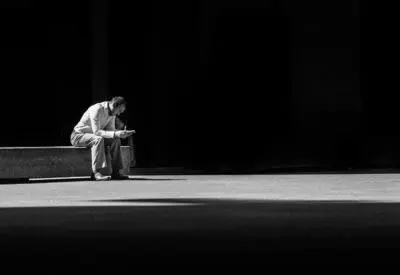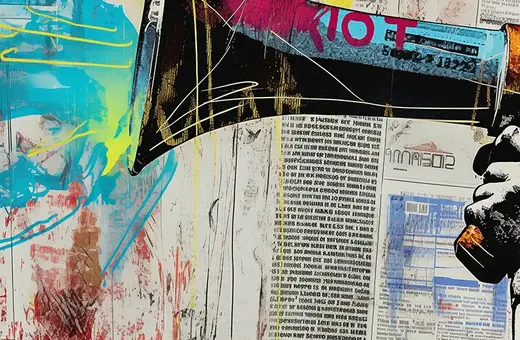We don’t need ethics experts to tell us what the right thing to do is. We feel it in our bones. Our conscience screams out to us and demands we make the ethical choice. But doing the right thing is often synonymous with doing the difficult thing. And so, we deceive ourselves, claim our conscience is merely the voice of our own bias and choose the easy way out instead, writes Gordon Marino.
Kierkegaard did not offer anything approaching a systematic ethics; nevertheless, the Danish firebrand was, a matchless moral phenomenologist, a master at describing what we are up against in ourselves when we try to walk our talk about the likes of justice, equality, and love.
Kant, with whom Kierkegaard is often in deep dialogue, believed all reasonable beings can discover the moral law within themselves and in that sense, he believed that moral knowledge is universally distributed. Kant, the sage of Konigsberg, was even open to the possibility of aliens possessing the rational capacity to be subjects of the moral law, sadly enough, however, he was dubious about the rational status of people with a different hue of complexion.
Kierkegaard also believed our knowledge of right and wrong is universally distributed in the form of conscience. It could in fact be argued that it would not be fair if moral knowledge were not equally accessible to all, because then the highly intelligent and educated would have a moral advantage over the masses.
Kierkegaard was a master at describing what we are up against in ourselves when we try to walk our talk about the likes of justice, equality, and love.
 SUGGESTED READING
Kierkegaard against the herd
By Alastair Hannay
What then are we supposed to think about the differences in moral views? When Kierkegaard encountered the chapter in Herodotus in which the historian describes the scene in which the Persian king Darius asked some Greeks--who burned their dead--what it would take for them to eat their dead fathers, the Greeks recoiled and answered nothing could persuade them. Darius then pressed some Indians--who ate their dead--what it would take for them to burn the deceased? They reacted with horror at the very mention of the idea. Kierkegaard comments that while the customs were different, the underlying value was the same – respect your parents.
SUGGESTED READING
Kierkegaard against the herd
By Alastair Hannay
What then are we supposed to think about the differences in moral views? When Kierkegaard encountered the chapter in Herodotus in which the historian describes the scene in which the Persian king Darius asked some Greeks--who burned their dead--what it would take for them to eat their dead fathers, the Greeks recoiled and answered nothing could persuade them. Darius then pressed some Indians--who ate their dead--what it would take for them to burn the deceased? They reacted with horror at the very mention of the idea. Kierkegaard comments that while the customs were different, the underlying value was the same – respect your parents.
Again, like Kant, Kierkegaard believed that there would be many crossroads in life in which anyone who was honest with themselves would recognize that the paths to a righteous and happy life diverged. And when that divergence occurs, it is not more ethics classes or ethics experts that we will need but instead the moral muscle to avoid self-deception, to avoid talking ourselves out of highly inconvenient truths.
Kierkegaard published his classic works under pseudonyms. In the cool halls of academia there is heated debated about how to understand his use of pen-names. My view is that each pseudonym represents a different life perspective. For instance, Johannes Climacus is Kierkegaard’s philosophical persona and Vigilius Haufniensis is his psychologist. His dogmatist, Anti-Climacus, is listed as the author of The Sickness Unto Death.
In this lapidary text, the sickness unto death is described as despair, a despair not identifiable with any feeling but marked by the unwillingness to know and become our true selves. Part I, is replete with psychological descriptions of despair, but in Part II, the doctor of the soul simply announces, “despair is sin” – the sin of remaining ignorant of your true self.





















Join the conversation